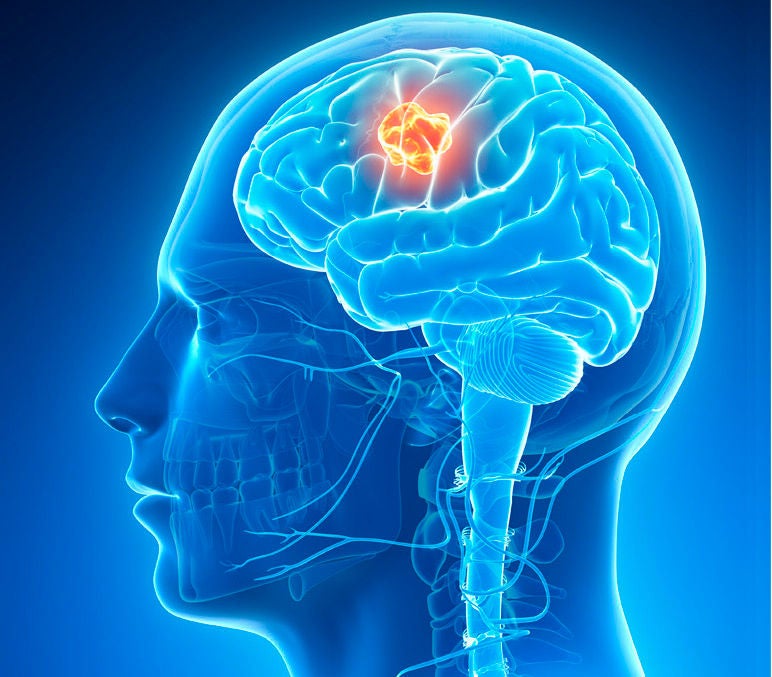HealthXchange will NEVER ask you to transfer money over a call. If in doubt, call the 24/7 ScamShield helpline at 1799, or visit the ScamShield website at www.scamshield.gov.sg.

A team of researchers from NNI, National University of Singapore (NUS), and Duke-NUS Medical School (Duke-NUS) has received a $9.88 million grant under the Open Fund-Large Collaborative Grant, which is supported by the National Research Foundation Singapore and administered by the National Medical Research Council.
Glioblastoma (GBM) is a brutal form of brain cancer because it spreads quickly and is difficult to treat. Common symptoms include severe headaches, seizures, personality changes, and confusion, which can be distressing for patients and their family members.
There are many different subtypes of GBM tumours — they can look identical under the microscope, but each responds differently to the same treatment.
“Even with treatment, tumours nearly always recur. This generous funding gives us an opportunity to address the challenges posed by this aggressive tumour, opening up the possibility of better diagnostics and treatment avenues,” explained the project’s Principal Investigator, Associate Professor Ang Beng Ti, Head and Senior Consultant, Department of Neurosurgery, NNI @ Singapore General Hospital (SGH) Campus.
NNI sees close to 100 new cases of glioblastoma every year. Although it is rare, the precision medicine technologies and processes the team are developing have the potential to be adapted for the diagnosis and management of other forms of cancer.
The multi-institution collaboration focuses on four key themes:
1. Creating accurate tumour models for research and drug testing
Patients’ tumours are stored at Glioportal, a brain tumour tissue bank, after surgery for in-depth studies exploring drug targets and stratification.
Principal Investigators: A/Prof Ang Beng Ti & Adj A/Prof Carol Tang
2. Accelerating molecular subtyping and drug discovery with artificial intelligence (AI)
Use data mining to identify genes linked to GBM, and prioritise drugs/targets with the highest potential to reduce chance of recurrence and improve survival outcome.
Principal Investigators: Prof Patrick Tan & Adj A/Prof Carol Tang
3. Bringing precision medicine into clinical practice
Development of blood tests to identify tumour subtypes for better treatment, monitoring and patient stratification in drug trials.
Principal Investigator: Asst Prof Shao Huilin
4. Global adaptive drug trials for better outcomes
Drug trials are expected to start in late 2022, with participants selected by tumour subtypes to identify potential responders.
Principal Investigators: A/Prof Ang Beng Ti & Dr Lin Xuling
Click here to read more about the team's research.
This article was published in the National Neuroscience Institute's NeusLink magazine, which covers articles about NNI updates and brain, spine, muscle and nerve conditions in English and Chinese - to read more articles click here!
Get the Health Buddy App
© 2025 SingHealth Group. All Rights Reserved.













 Get it on Google Play
Get it on Google Play